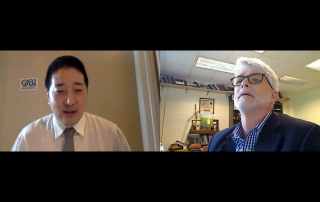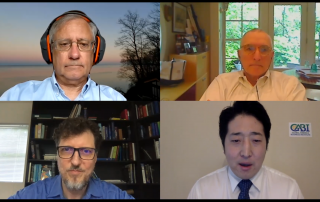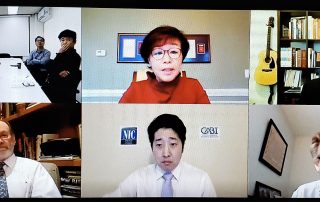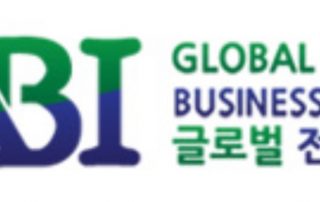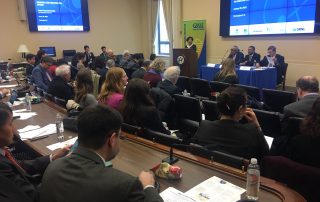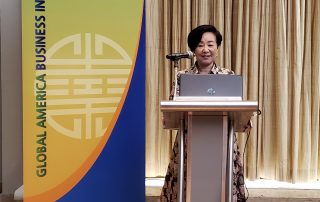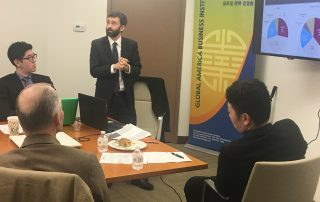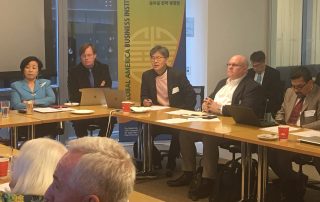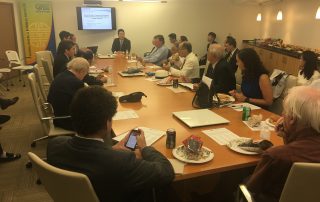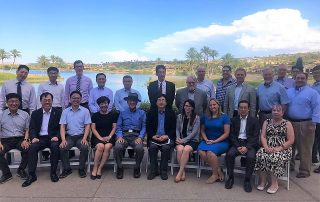At present, dialogue on nuclear technology in Washington, DC has tended to focus on issues related to nuclear materials security, nonproliferation, and arms control issues, rather than nuclear power. As a result, the policy community in Washington tends view nuclear power technologies with some skepticism. Given this environment, it is GABI’s commitment to promote, educate, and enhance the understanding of the vital role of nuclear power from the perspective of ensuring energy security, reliability and sustainability.
Responding to the Nuclear Fuel Working Group report: perspectives from the US nuclear industry
https://www.youtube.com/watch?v=FPjP4m4igSY Today, discussion about nuclear power has largely revolved around its value as an energy commodity. However, while nuclear power can help to decouple growing global energy demand from growing emissions, nuclear power also serves strategic U.S. national security and geopolitical objectives as the international relationships formed from nuclear agreements and commerce last for many

